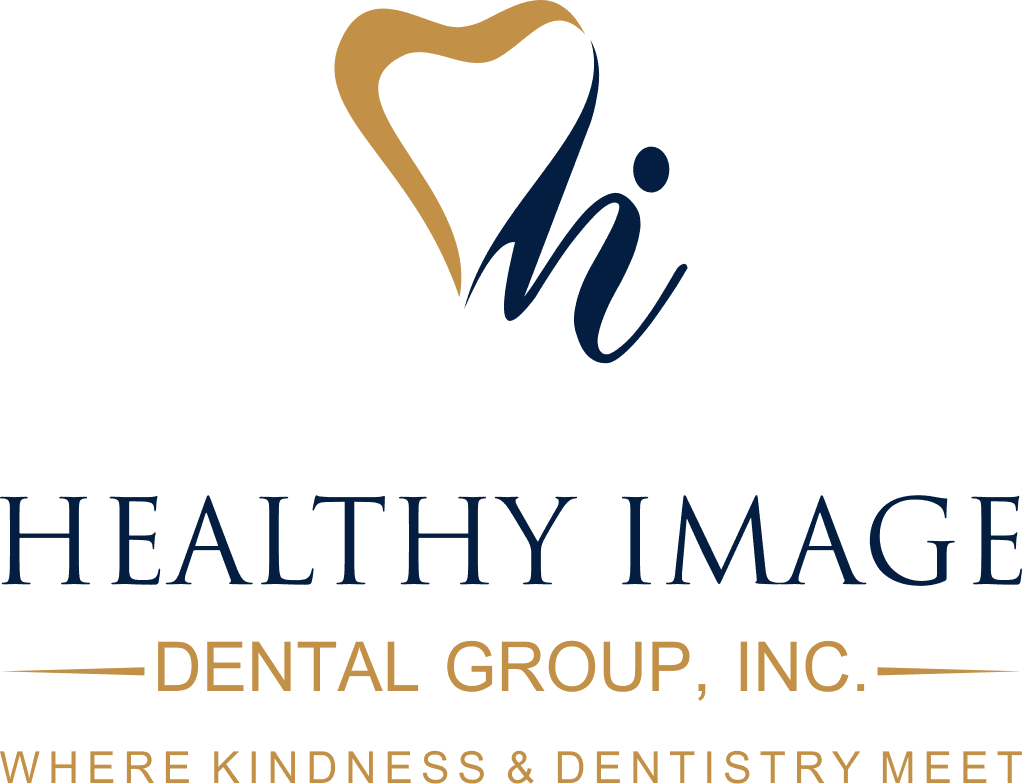You Are What You Eat: How Diet Affects Dental Health
- By Dr. Sindy Fondren
- •
- 06 Mar, 2018
Sugars and Other Carbohydrates
Sugars and other carbohydrates are present in the vast majority of foods, both healthy and unhealthy. Yet when bacteria comes into contact with sugar in the mouth, tooth enamel-damaging acids are released. These acids can stick around for as long as 20 minutes, causing damage to your teeth for the entire time.
Saliva
is a natural mouthwash, cleaning out the sugar residues and minimizing these
effects. Since significantly more saliva is produced during a meal than when
eating a quick snack, meal-based carbohydrates tend to do less damage than
sugary snacks. To help promote oral health, get your sugar fix during a meal
and choose low-carb snacks such as fresh vegetables, cheese, or plain yogurt.
Nutritional Content
Sticky Foods
While naturally sticky foods are not inherently more damaging than less-sticky foods, it is important not to let them get stuck to your teeth. Drink plenty of water with them, and brush your teeth as soon as possible after you finish. Sticky, sugary foods are especially likely to increase your risk of tooth decay.
Combating Damaging Choices
When you do consume tooth-damaging foods, pay close attention to washing the residue out of your mouth. If possible, rinse your mouth with plain water for at least 30 seconds. Chewing sugarless gum is another good choice, as it stimulates saliva production and encourages your mouth to clean itself.
Special Considerations
All mouths are not the same, and dental health is a highly personalized journey. If you have underlying physical conditions or are on certain medications, you might be at increased risk for tooth decay or gum disease. In this case, talk to your dentist. You might be prescribed a special antimicrobial mouth rinse or toothpaste to use daily or after eating certain foods.
If your teeth are crooked or misshapen, or you are missing teeth, maintaining good oral hygiene can be more challenging. You might be instructed to brush your teeth more frequently, perform regular mouth rinses with water or other products, or even avoid certain foods altogether. Cosmetic dentistry can often fix these challenges, minimizing the additional risks to your teeth.
If you have braces, certain foods are usually off-limits. This is because those foods can get stuck in your braces and are extremely difficult to remove. Make sure you follow all of your dentist’s instructions to minimize the chances of developing tooth decay underneath your braces. If you are concerned about the dietary restrictions of braces, ask your dentist whether Invisalign is an appropriate treatment for you. While you must still be cautious of damaging foods, Invisalign can be removed for routine oral care.
*CLOSED FOR LUNCH
12:00 PM - 1:00 PM
916.786.6431
| HOURS OF | OPERATION |
|---|---|
| Monday | 8:00 am - 5:00 pm |
| Tuesday | 8:00 am - 5:00 pm |
| Wednesday | 8:00 am - 5:00 pm |
| Thursday | 8:00 am - 5:00 pm |
| Friday | APPOINTMENT ONLY |
| Saturday | CLOSED |
| Sunday | CLOSED |

Healthy Image Dental Group, Inc.
576 North Sunrise Avenue Suite 140
Roseville, CA 95661
Office (916) 786.6431
Email: healthyimagedentalgroup@gmail.com
Copyright ©2024 Healthy Image Dental Group, Inc. All Rights Reserved. Designed by Beautiful Site Designz
